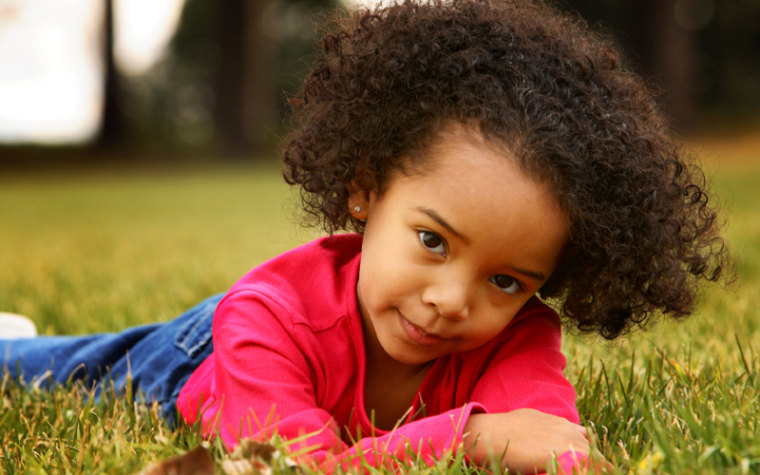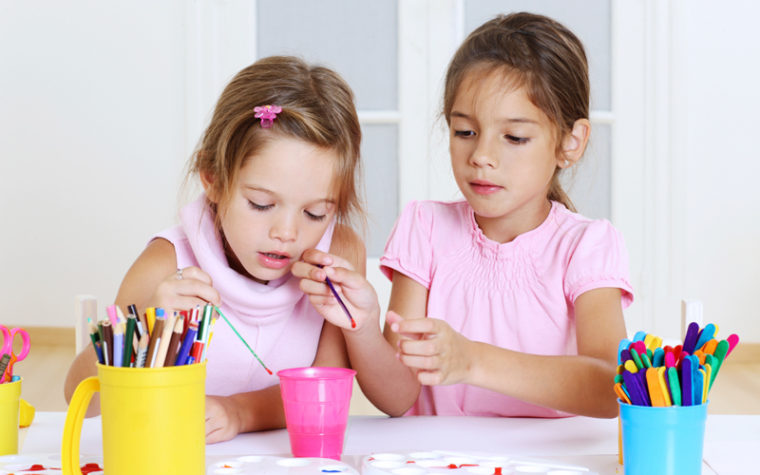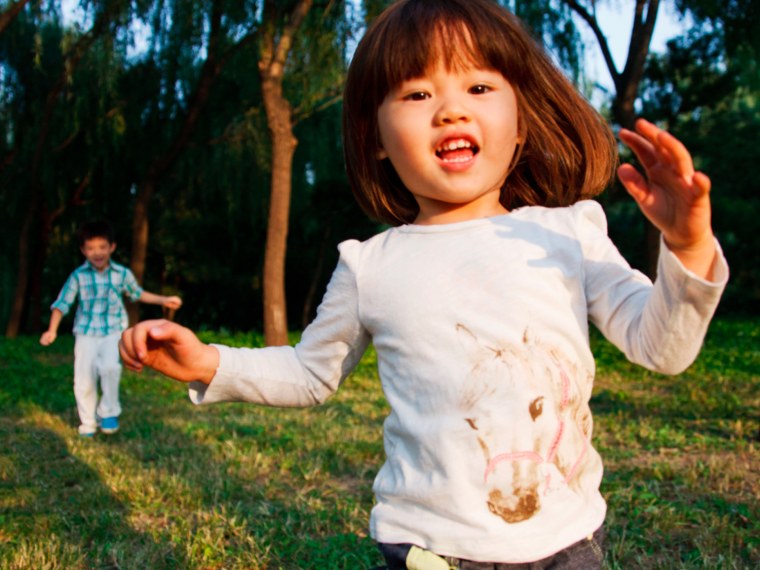At this early age, some children may have a hard time knowing how to interact with others in a socially appropriate manner, and how to recognize another person’s feelings and needs. By making new friends, and interacting with others, your child is learning how to play with other children, share, and respect their needs and space. While these interactions help build your child’s social skills, you play the greatest role in their emotional development. You can help improve your child’s social awareness by being supportive and leading by example. Here's what to know.

During the pre-kindergarten years, children are learning very quickly. While children at this age may have short attention spans, they often learn best by being read to, playing pretend, and observing others, especially you. By setting a strong example, you can show your child how to be socially and emotionally intelligent.

Preschoolers are learning how to identify what others are feeling based on their facial expressions and body language. As your child interacts with their classmates and teachers, they are gaining a better sense of other people’s emotions, perspectives, and behaviors.

During this phase, your child is learning that others have different points of view and that these differences may have consequences in their interactions. They are also gaining a better understanding of the social norms of behavior, like staying quiet during storytime or lining up with the other students during lunchtime. Young children need a lot of reminders on the road to becoming socially aware, so don’t expect to see your child displaying much of this skill on their own.

Keep in mind that every child develops at his own pace. Maurice Elias, director of the Social-Emotional Learning Lab at Rutgers University, recommends being watchful without overly worrying, as preschoolers are extremely different in their rate of development, and your child may even excel in one area and lag in another. The concepts highlighted in this section are based on the five sets of competencies developed by the Collaborative for Academic, Social, and Emotional Learning (CASEL). If you have concerns about your child’s development, please contact your healthcare provider, his teacher, or his school counselor.
Learn more about how to support your child with our pre-K social awareness tips page.
Parent Toolkit resources were developed by NBC News Learn with the help of subject-matter experts, including Anne Morrison, Pre-Kindergarten Teacher, Lycée Français de New York; Maurice Elias, Director, Rutgers Social-Emotional and Character Development Lab; and Jennifer Miller, Author, Confident Parents, Confident Kids.